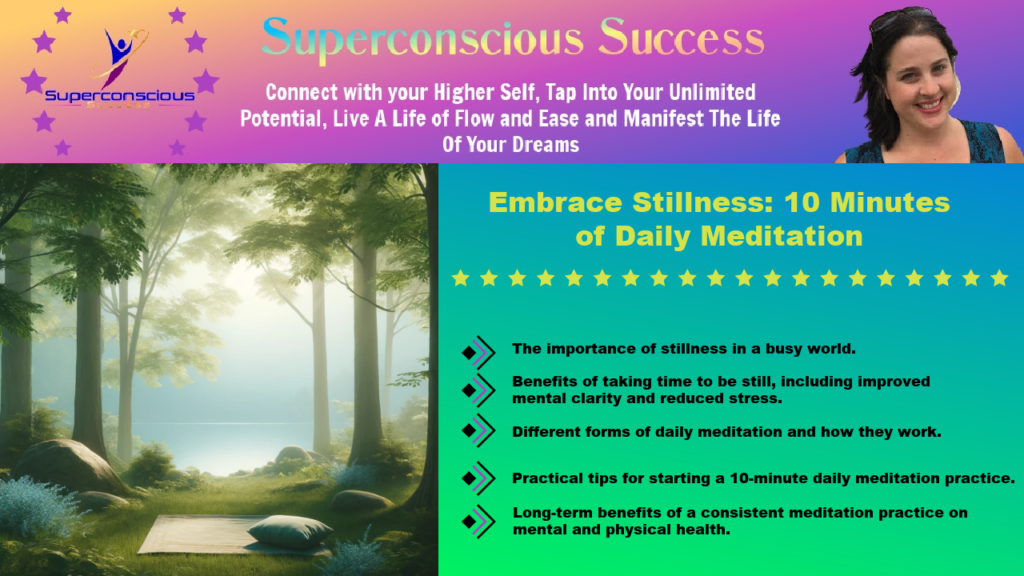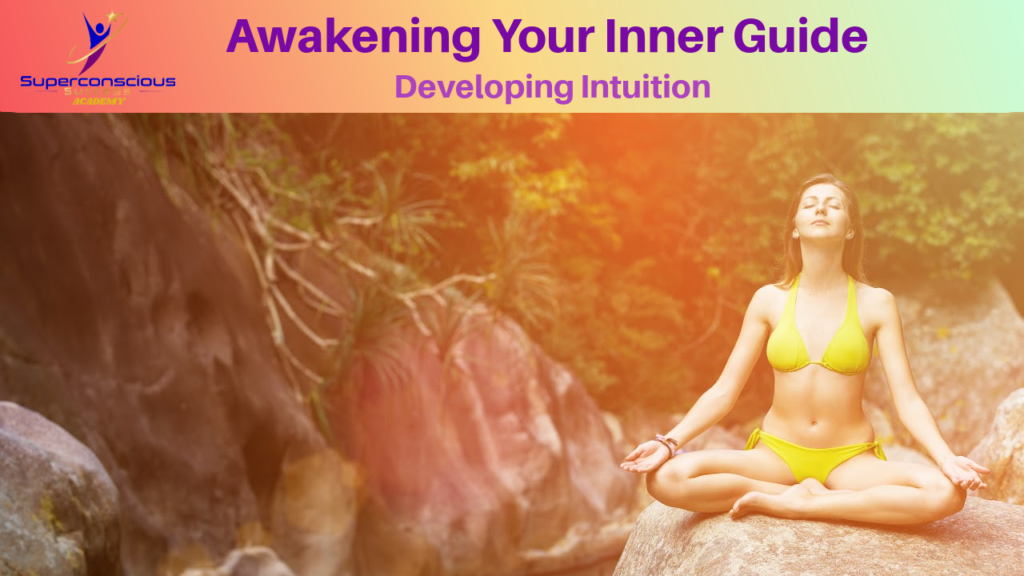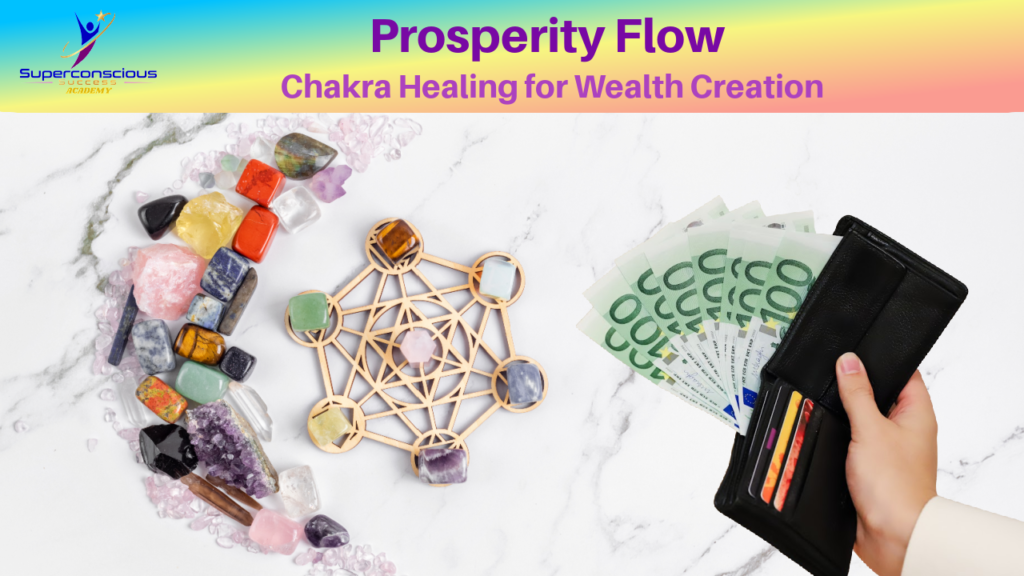
In this blog post, you’ll discover the profound importance of stillness in our busy world. We’ll explore the numerous benefits of taking time to be still, including improved mental clarity, reduced stress levels, and enhanced emotional well-being. You’ll also learn about the different forms of daily meditation, how they work, and their long-term benefits. Additionally, we’ll provide practical tips on how to start your own 10-minute daily meditation practice. By the end of this post, you’ll understand how incorporating stillness into your daily routine can lead to a more balanced and fulfilling life.
2. What is Daily Meditation and How Does It Work?
Meditating daily involves dedicating a specific amount of time each day to focus the mind and achieve a state of mental clarity and emotional calm. You can seamlessly integrate it into your daily routine. Typically, it requires as little as 10 minutes. This practice can be performed in various forms, including mindfulness meditation, guided meditation, and transcendental meditation.
Mindfulness meditation emphasizes staying present and fully engaging with the current moment. Practitioners observe their thoughts and feelings without judgment, fostering a heightened sense of awareness and acceptance. On the other hand, guided meditation involves following a narrator who leads you through visualizations or specific mental exercises. Additionally, transcendental meditation uses a mantra—a specific word or phrase repeated silently—to help settle the mind and transcend ordinary thought processes.
The physiological and psychological mechanisms through which meditation works are profound. Neuroscientific research has demonstrated that regular meditation can alter brain structure and function. It increases gray matter density in areas related to memory, emotional regulation, and learning. Furthermore, meditation has been shown to reduce levels of cortisol, the stress hormone. This promotes a more relaxed state of being. Enhanced concentration and focus are also notable benefits, as meditation trains the brain to maintain attention and avoid distractions.
Historically, meditation has roots in various religious and spiritual traditions. Its origins trace back thousands of years. Prominent figures such as Siddhartha Gautama, known as the Buddha, and Patanjali, an ancient sage who authored the Yoga Sutras, have significantly contributed to the practice. In more recent times, individuals like Jon Kabat-Zinn have popularized mindfulness meditation through secular and scientific frameworks. Consequently, this has made it accessible to a wider audience.
Through these diverse practices and well-documented benefits, daily meditation offers a powerful tool for enhancing mental and emotional well-being. Thus, it becomes a valuable addition to modern routines.

















